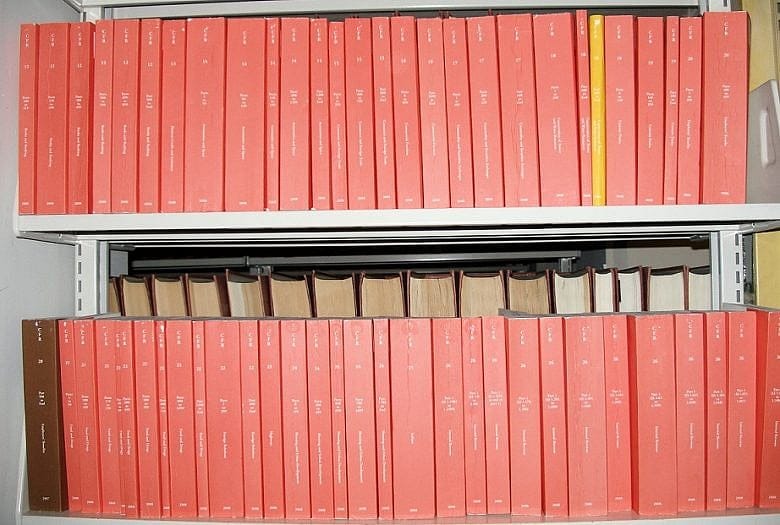Red tape’s $2 trillion cost cited in call for reform

WASHINGTON – An assortment of conservative and libertarian groups is calling on Congress to implement a regulatory budget that would clamp down on the hundreds of billions of dollars the groups say are wasted in complying with unnecessary rules and regulations.
"Like federal spending, regulations and their costs should be capped, tracked and disclosed annually," the group said in a letter to Congress last week. The groups highlighted the results of an annual governance survey from Gallup which showed that while almost half – 49 percent – of Americans say the government regulates business too much, a near-record low, 21 percent, say it regulates too little.

